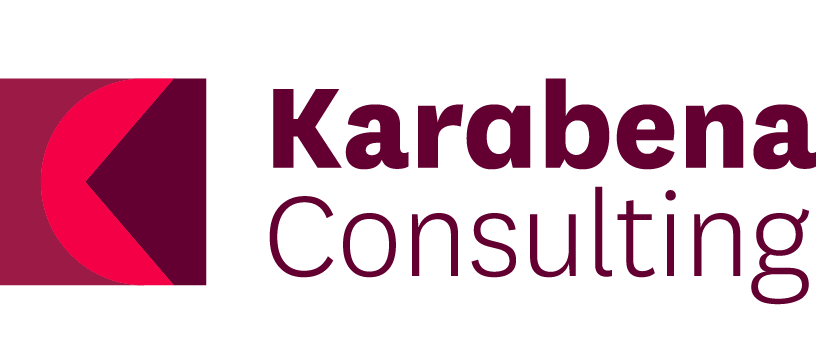Evaluation of the Dhelk Dja: Safe Our Way 3-Year Action Plan, 2019–2022
Department of Families, Fairness and Housing, Victoria
Who funded the project
Karabena Consulting and Karen Milward Consulting were engaged to undertake the evaluation of the first Dhelk Dja 3-Year Action Plan (2019–2022).
Our evaluation methodology for the Dhelk Dja 3-year Action Plan integrated quantitative and qualitative approaches such as participatory evaluation design and delivery, retrospective analysis of Dhelk Dja resources, culture-led data collection, inductive and statistical thematic analysis and collaborative feedback sessions.
As per the consultant brief, we provided detailed reports outlining the following:
Findings and recommendations
Definition and description of what Aboriginal success looks like for Dhelk Dja
The roles of government agencies and Aboriginal Community Controlled Organisations (ACCOs) in implementing the Dhelk Dja Action Plan
Summary
The primary purpose of this evaluation was to:
Assess the Plan, as per the Dhelk Dja Monitoring, Evaluation and Accountability Plan (MEAP) – Data Plan
Evaluate agreed actions under the Dhelk Dja: Safe Our Way – Strong Culture, Strong Peoples, Strong Families 10-Year Agreement; and
Inform future Dhelk Dja 3-Year Action Plans to deliver on the agreement.
Project Aims
The key outputs for this project were:
MTC Innovation Hub Strategic Plan Methodology Report
MTC Innovation Hub Strategic Plan Report
Project Outputs
Our evaluation methodology for the Dhelk Dja 3-year Action Plan integrated quantitative and qualitative approaches. Key elements included:
Participatory evaluation design and delivery: We relied on ongoing collaboration with stakeholders to set communication protocols and finalise project details. This ensured that the evaluation aligned with their perspectives and the relevance of our findings
Review of existing resources: We thoroughly reviewed documentation from Family Safety Victoria (FSV), including progress reports and governance documents, to assess Dhelk Dja implementation progress and identify improvement areas.
Culture-led data collection: We utilised Indigenous research methodologies like dadirri and yarning as well as surveys. This allowed for respectful and inclusive data collection that prioritised community ownership and cultural safety.
Data analysis: Our analysis combined thematic examination of qualitative data with statistical methods for quantitative data, enabling us to identify patterns and inform our conclusions and recommendations.
Collaborative feedback: Stakeholders actively contributed feedback on our findings, improving the evaluation's quality and ensuring alignment with project objectives.
Methodologies
The key outputs for this project were:
Dhelk Dja 2019–2022 Evaluation Report: The report detailed our findings and recommendations.
Aboriginal Measures of Success Report: A resource that defined and described what success looks like for Dhelk Dja.
Positive Impact Assessment and Accountability Tool: A resource highlighting the roles of government agencies and ACCOs in implementing the Action Plan.
Dhelk Dja 2019–2022 Technical &Supplementary Report: An in-depth and detailed technical information resource on our evaluation methodology.
Outputs
Through our evaluation of the Dhelk Dja Action Plan 2019–2022, we provided a series of recommendations for consideration by the Department of Families, Fairness and Housing, Victoria and other stakeholders. These recommendations will ensure the Dhelk Dja program remains resilient and responsive. The recommendations span the following areas:
Adaptation to external factors (e.g. pandemic)
Accessibility of information
Monitoring and reporting mechanisms
Governance
Aboriginal self-determination
Accountability
Cultural safety
Investment in research
Aboriginal measures of success
Project Outcomes
#DhelkDja #Governance #Evaluation #Measuresofsuccess #Aboriginal #Familyviolence #ActionPlan
